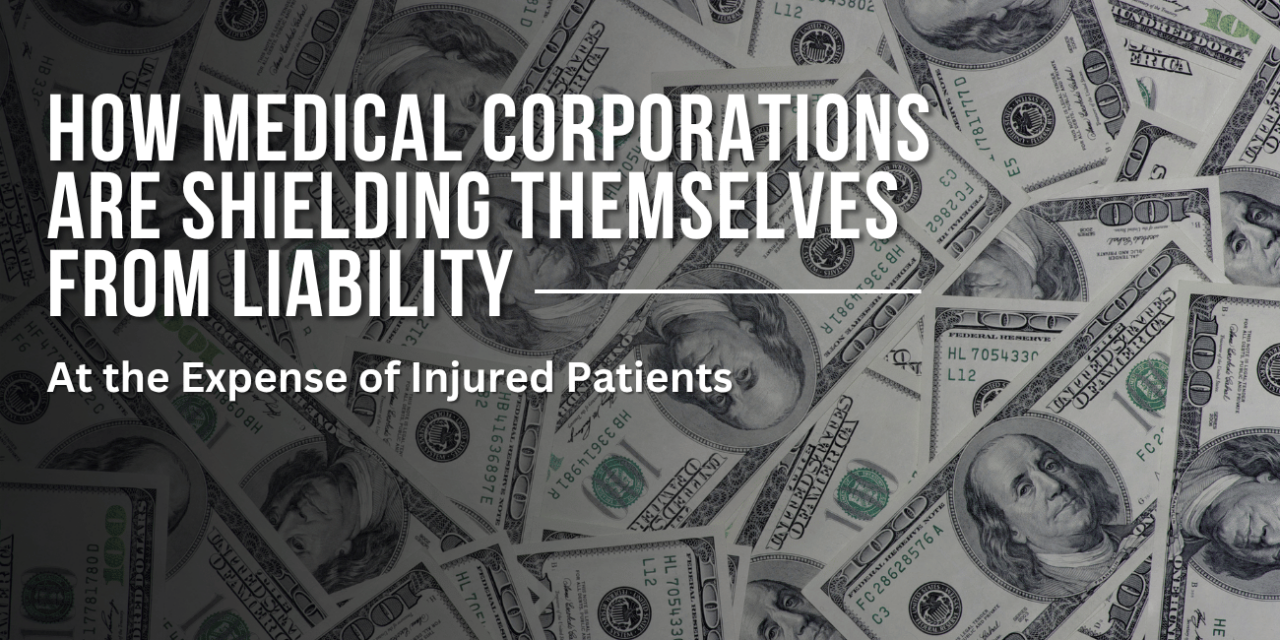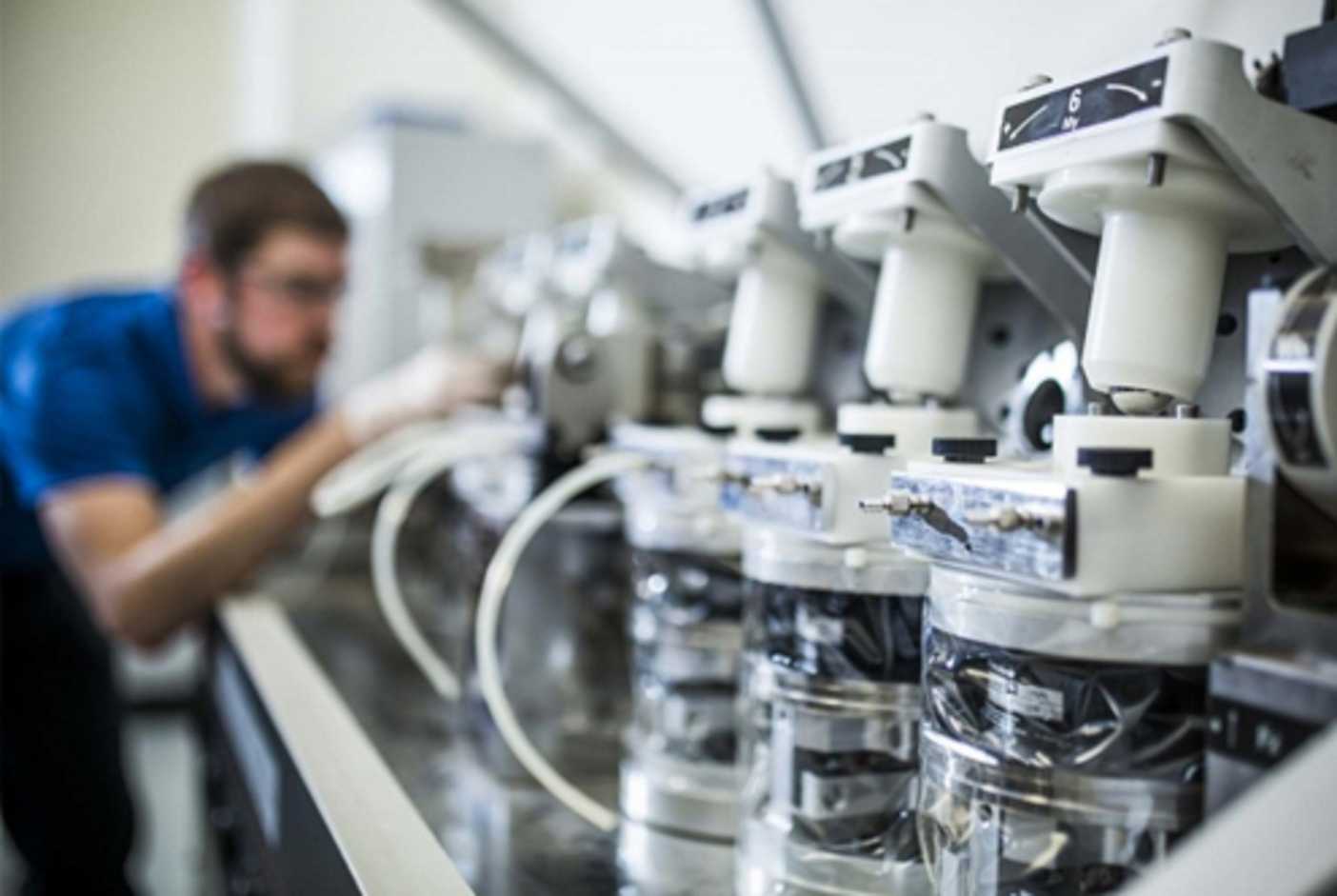When a medical device fails, the consequences can be life-altering—chronic pain, mobility issues, expensive surgeries, and in some cases, permanent disability. Patients trust that the legal system will allow them to hold the responsible company accountable.
But what happens when that company files for bankruptcy not because it’s broke—but to avoid paying victims?
This is exactly what happened with Exactech, a medical device company that recalled hundreds of thousands of knee and hip implants. And it may be part of a growing and deeply troubling trend: corporate shielding of liability, especially by private equity-owned healthcare companies.
What Happened with Exactech?
Exactech, a Florida-based orthopedic device manufacturer, issued widespread recalls on its knee, hip, and ankle implants due to a defective plastic insert that degraded prematurely. Patients were left with serious complications—many requiring revision surgery or experiencing permanent joint issues.
Thousands of lawsuits followed.
Then, in 2024, Exactech moved many of its liabilities into a subsidiary that filed for bankruptcy. This maneuver, known as the “Texas Two-Step”, is designed to:
-
Separate corporate assets from legal liabilities
-
Shift responsibility for injury claims into the bankrupt entity
-
Prevent victims from receiving full compensation
The company wasn’t insolvent—it was using the legal system as a shield.
Why Are Private Equity Firms Doing This?
Many large healthcare and medical device companies are now owned by private equity firms, which prioritize investor returns over patient outcomes. These firms often:
-
Restructure companies to isolate liability
-
Push aggressive cost-cutting that may impact product quality or safety
-
Use bankruptcy tactically to limit legal exposure
By doing so, they’re exploiting a loophole in the bankruptcy code that allows solvent companies to dodge accountability.
This tactic has been used in other high-profile cases, such as:
-
3M, which tried to use bankruptcy to avoid liability for defective military earplugs
-
Johnson & Johnson, which shifted talc-related liabilities to a subsidiary that later filed for bankruptcy
What Does This Mean for Injury Victims?
For injured patients, this tactic is devastating. It can result in:
-
Delayed or reduced compensation
-
Closed-door settlement negotiations
-
Inability to hold companies accountable in court
-
Legal uncertainty that adds emotional strain to physical hardship
Even if a bankruptcy court eventually awards some money, it’s rarely comparable to what victims would have received in a traditional lawsuit.
What Can Be Done?
While the courts and Congress debate reforms, injured patients still have legal rights—and experienced attorneys are finding ways to fight back.
At Pisanchyn Law Firm, we stay ahead of these evolving legal strategies. We know how to:
-
Challenge corporate attempts to avoid liability
-
Track down all potentially responsible entities and policies
-
Fight for the maximum compensation available, even in complex bankruptcy situations
We represent clients harmed by defective implants, dangerous medical devices, and negligent healthcare corporations—including those involved in mass torts and nationwide litigation.
Final Thoughts
The Exactech case isn’t just a corporate maneuver—it’s a warning sign. As more private equity firms enter the healthcare industry, the potential for similar abuses grows.
If you or a loved one received a defective implant or medical device and are now facing complications, don’t let a corporate bankruptcy stop you from seeking justice. Pisanchyn Law Firm is here to help.
Contact us today for a free consultation. We’ll explain your rights, evaluate your case, and fight to make sure your voice is heard—even when powerful corporations try to silence it.





